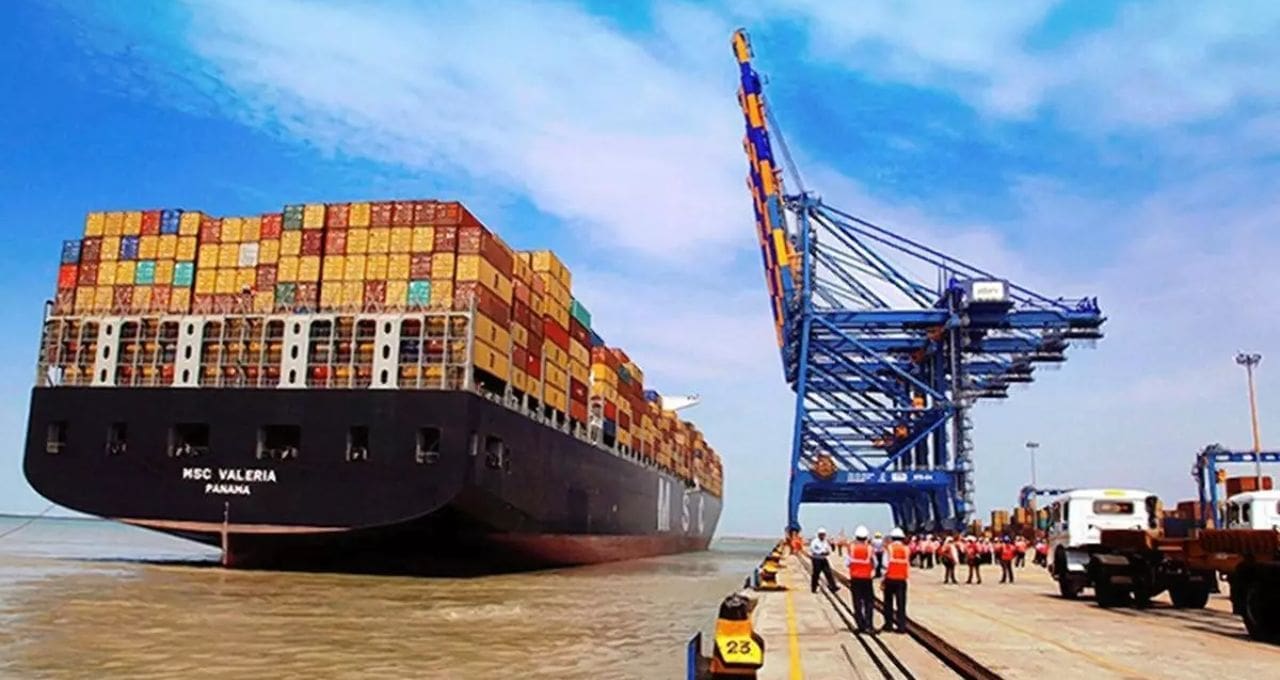Like its past iterations, India’s most recent Foreign Trade Policy (FTP) policy is essentially granular in scope, with many takeaways for different industries and stakeholders. In essence, it concentrates on modifying particular processes and procedures to increase exports while lowering transaction costs. Yet unlike, instance, the Export Preparation Index released by NITI Aayog a year ago, the FTP does not attempt a SWOT analysis or look at the broader macroeconomic scenario.
After the WTO dispute settlement panel invalidated India’s export subsidy programmes in March of last year, including those associated with electronics hardware parks, biotech parks, and more generally capital goods concessions (Export Promotion Capital Goods scheme) and other benefits (Merchandise Export Incentive), the stated change from “incentives” to “remissions” in the FTP was only to be expected. Scheme), which may be connected to the value of exports. EoUs and Special Economic Zones are being scrutinised. The WTO forbids incentives that are linked to the volume of exports, although it does permit the reimbursement of export-related tariffs and taxes. Remission of Duties or Taxes on Export Products (RoDTEP), the most prominent export assistance programme currently in place, is recognised as WTO-compliant and covers more than 10,000 tariff lines. Although oddly extending EPCG to huge textile parks, battery-operated vehicles, the dairy industry, and wastewater recycling, the FTP has emphasised the importance of RoDTEP. Imports of capital goods are zero-rated under EPCG for a few specific industries. Localization and protectionism are becoming prevalent worldwide, and the WTO’s appeals body is understaffed since the election of Donald India has perhaps decided to gamble during the Trump years. Yet fortunately, the era of sector-specific subsidies is passed. Schemes for export promotion are of questionable effectiveness and ought to be replaced by a global emphasis on manufacturing and service infrastructure. The FTP correctly advises switching from export schemes to trade facilitation procedures.
The FTP’s expansion of the e-commerce export consignment cap is one of its key features. While this is up to date, there are some unresolved issues, such as the global tariff treatment of such exports and the guiding principles of data exchange. It is to be commended that transaction costs for MSMEs have decreased, and the establishment of “towns of excellence” should support cause. When combined with the “one district, one product” idea, it suggests a decentralised strategy for strengthening manufacturing and agriculture (with exports as a byproduct) as well as a subtle move away from export enclaves.
Unfortunately, it appears that the FTP was not built with the post-Covid structural changes to the global export order in mind. It is interesting that an FTP would completely ignore the import structure; this is also true of older FTPs. FTAs’ function has not been discussed. Exports of services could have been investigated. An honest evaluation would have produced a well-rounded policy proposal.

